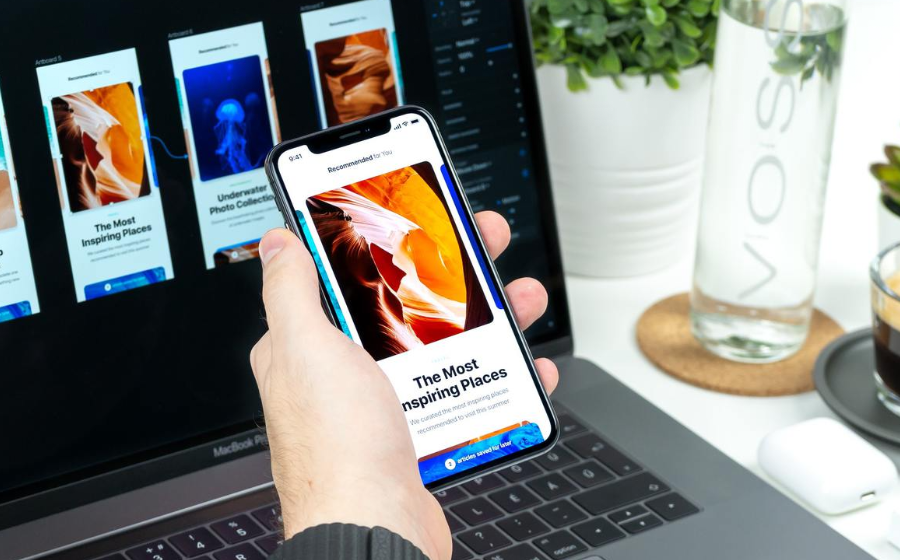In today’s digital age, mobile devices have become an integral part of our lives.
According to Dynamic Code CEO Tyler Franko, with more than half of internet traffic coming from mobile devices, it is crucial for businesses to optimize their digital marketing strategies for mobile devices.
In this article, Franko will share and give tips on why mobile optimization is so important in digital marketing and how businesses can make the most of this trend.
What is mobile optimization?
Mobile optimization refers to the process of creating a website or digital marketing campaign that is tailored to mobile devices. This means ensuring that your website is optimized for smaller screens, with easy-to-use navigation and a responsive design.
The Dynamic Code CEO also explained this also means making sure that your digital marketing campaigns are designed to work well on mobile devices, whether it’s through social media advertising, email marketing, or other channels.
Why is mobile optimization important in digital marketing?
- Mobile devices are the preferred choice for internet users
With the increasing use of mobile devices, it’s important to understand that people are using them more often than desktops or laptops.
According to a study by Statista, mobile devices accounted for 52.6% of all website traffic worldwide in 2019. This trend is only going to continue in the future, making it imperative for businesses to optimize their websites and marketing campaigns for mobile devices.
- Mobile optimization can improve user experience
Mobile optimization is crucial for providing a positive user experience. Websites that are optimized for mobile devices load faster, and have intuitive navigation, Ty Franko stressed. They are also easier to use. This results in a better user experience, which can lead to increased engagement and conversions.
- Mobile optimization can improve search engine rankings
Google has been emphasizing the importance of mobile optimization for several years. In 2018, Google began rolling out its mobile-first indexing algorithm, which prioritizes mobile-friendly websites in search results. This means that websites that are optimized for mobile devices are more likely to appear at the top of search results, resulting in increased traffic and visibility.
- Mobile optimization can increase conversions
Mobile optimization can lead to higher conversion rates. According to a study by Google, 61% of users are unlikely to return to a mobile site they had trouble accessing, while 40% will visit a competitor’s site instead. By providing a seamless user experience, businesses can improve their chances of converting visitors into customers.
How can businesses optimize for mobile devices?
- Responsive design: A responsive design ensures that your website adapts to different screen sizes and resolutions, providing a seamless experience on any device.
- Simplify navigation: Mobile users have limited screen space and attention spans. Simplify your website navigation to make it easy for users to find what they’re looking for.
- Mobile-friendly content: Create content that is easy to read on smaller screens, with larger fonts and shorter paragraphs.
- Optimize load times: Slow-loading websites can be frustrating for mobile users. Optimize your website’s load time by minimizing file sizes and compressing images.
- Use mobile-friendly tools: Use tools like mobile-friendly email templates, social media ad formats, and mobile-friendly landing pages to ensure that your digital marketing campaigns are optimized for mobile devices.
As a final note, mobile optimization is crucial for businesses that want to succeed in digital marketing.
With the majority of internet traffic coming from mobile devices, businesses that fail to optimize for mobile are likely to fall behind their competitors.
By focusing on mobile optimization, businesses can improve user experience, increase search engine rankings, and boost conversions.



